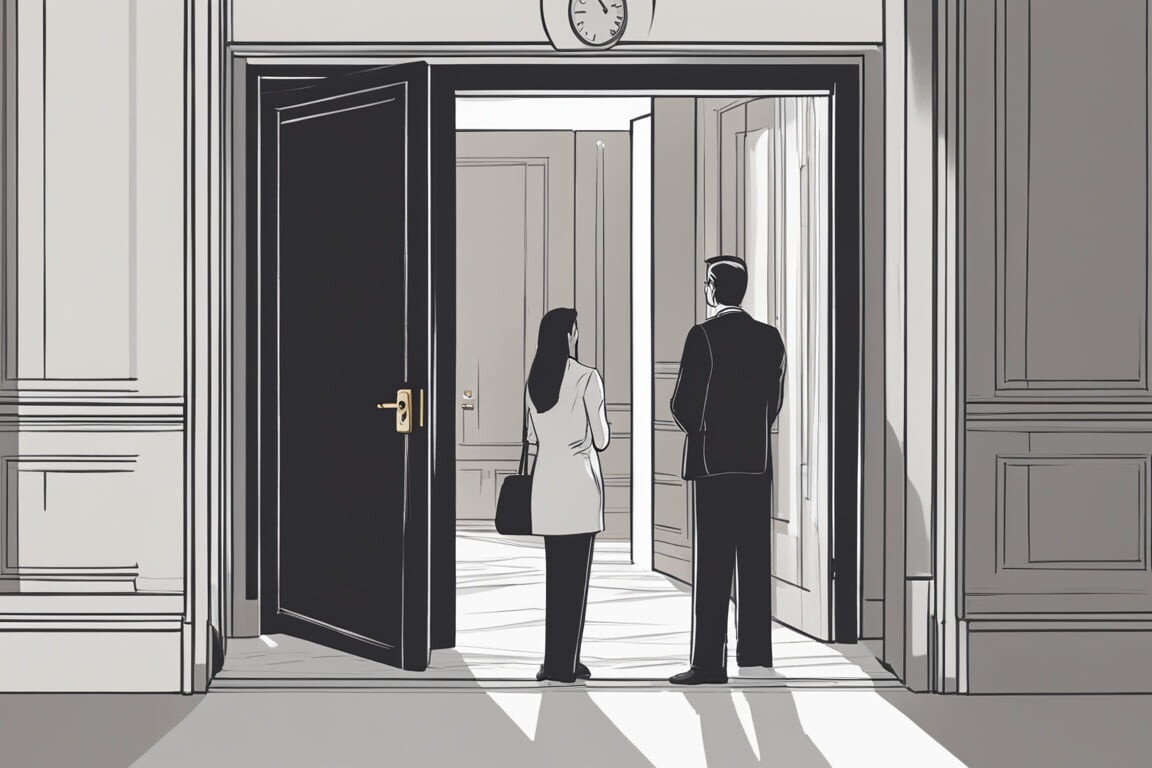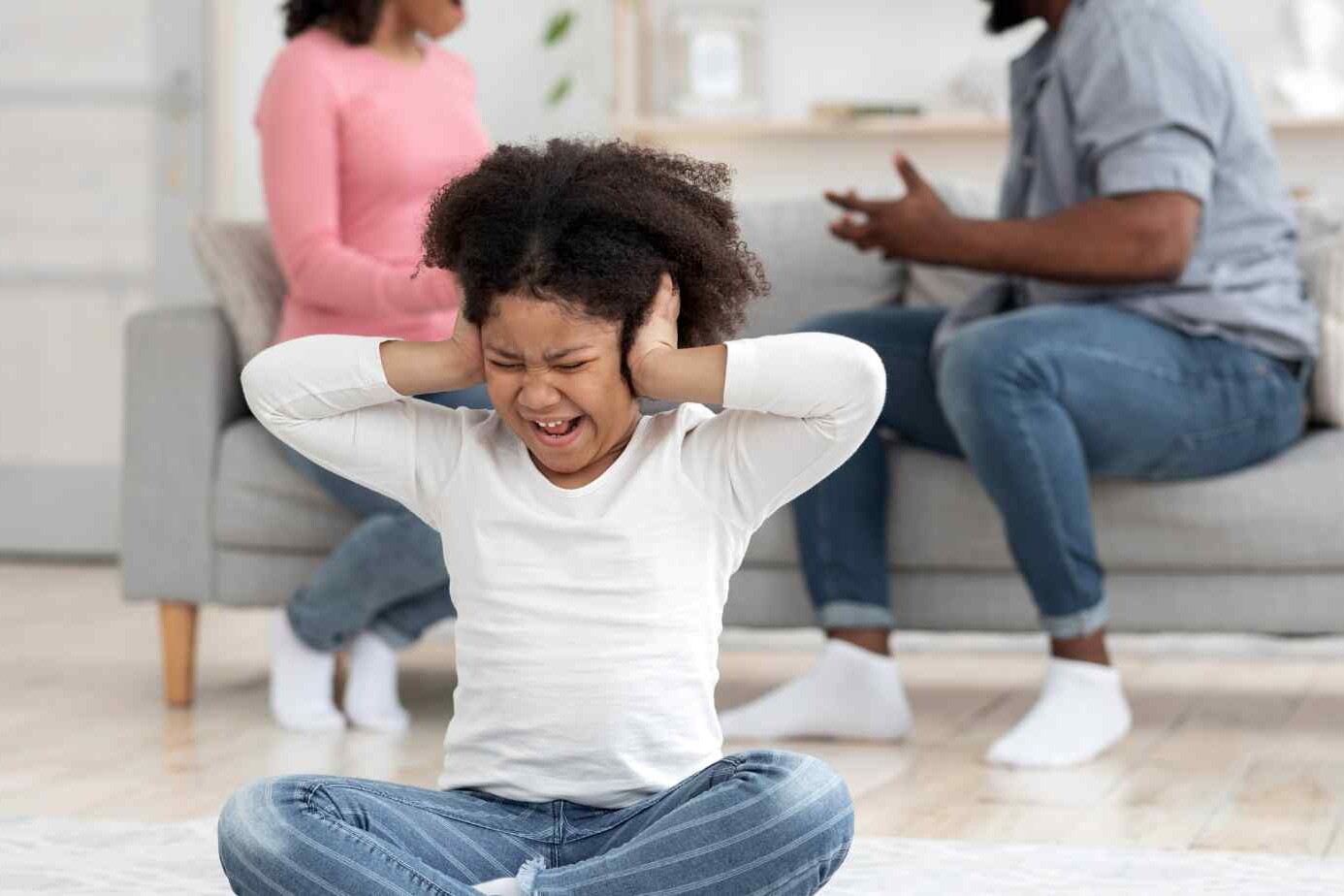Childhood trauma can come from many sources like abuse, neglect, or traumatic events. This article will look at how common it is, signs you might have been affected, and how it affects your health. It also talks about getting help and healing.
Knowing the signs of childhood trauma is key to dealing with its effects. It doesn’t matter when the trauma happened. You can still get help and start healing. By spotting these signs, you can work on improving your life and health.
Table of Contents
TogglePrevalence of Childhood Trauma
Childhood trauma is more common than many think. The Substance Abuse and Mental Health Services Administration says over two-thirds of kids have faced a traumatic event by age 16. These events can be many things, like abuse, violence, or natural disasters.
Understanding childhood trauma’s impact is key. It affects a child’s growth and well-being. Knowing the types of trauma helps us support those affected and prevent future cases.
Potentially Traumatic Events
- Abuse (psychological, physical, or sexual)
- Violence (community, school, or domestic)
- Neglect
- Accidents
- Natural disasters
- Life-threatening illness
These events can deeply affect a child’s emotional, behavioral, and physical health. It’s vital to offer support and resources to those who need it.
Signs of Traumatic Stress in Children
It’s important to know the signs of traumatic stress in kids. This helps us give them the right support and help. The signs can change based on the child’s age and how they develop. But, it’s key to notice these signs.
Preschool Children
Preschool kids who have gone through trauma might cry a lot, have bad dreams, or eat less. These signs show how trauma can affect a young child’s feelings and health.
Elementary School Children
In elementary school, kids might feel more anxious, have trouble focusing, or sleep poorly. These issues can make it hard for them to do well in school and get along with friends.
Middle and High School Children
Teenagers and older kids might feel sad, eat less, use drugs, or take risks. These actions can show the lasting effects of trauma and the need for special help and support.
Knowing the signs of childhood trauma and symptoms of childhood trauma helps us spot kids who need help. This way, we can give them the care and support they need to get better.
The Body’s Alarm System
Deep inside you, there’s a built-in “alarm system” to keep you safe. This system, called the fight or flight response, is key to your body’s defense against danger. It gets your body ready to face a threat or run away.
For kids who’ve gone through trauma, this alarm system might get too sensitive. This can make them feel scared, angry, or pull away from others. It’s important to know when this system is on to help kids deal with their trauma.
Healthy Responses to the Alarm System
When the alarm goes off, kids can respond in healthy ways, such as:
- Practicing deep breathing to calm down
- Looking for help from trusted adults like parents, teachers, or counselors
- Doing physical activities to release tension
- Trying relaxation methods like meditation or yoga
By spotting when the alarm is on and using these strategies, kids can handle their trauma better. They can also get stronger when facing tough times.

Do I have childhood trauma?
Childhood trauma can affect our health for a long time. If you’re asking, “Do I have childhood trauma?”, look for certain signs. Trauma can come from abuse, neglect, violence, accidents, or other tough events. Knowing the signs of trauma can show if you’ve been through it.
Some common signs of childhood trauma in adults are:
- Difficulty trusting others or forming meaningful relationships
- Persistent feelings of shame, guilt, or low self-esteem
- Struggles with anxiety, depression, or other mental health concerns
- Engaging in unhealthy coping mechanisms, such as substance abuse or self-harm
- Physical health problems, like chronic pain or fatigue
If you see these signs of childhood trauma in adults, getting help from a mental health expert is key. They can guide you in understanding your past and finding ways to heal and recover.
You’re not alone, and it’s never too late to start healing from childhood trauma. Facing the past can lead to a healthier, happier future.
Impact of Childhood Trauma
Childhood trauma can deeply affect a person’s life. Those who went through trauma early on may struggle with learning, use more health services, and get into trouble with the law.
One big issue from childhood trauma is the risk of mental and substance use disorders. It can hurt a person’s mental and emotional health. This leads to low self-esteem, depression, and trouble trusting others.
Learning and Behavioral Challenges
Kids who’ve faced trauma might find it hard to focus, do poorly in school, and act out. These problems can follow them into adulthood. It can make it tough to do well in school or work.
Increased Healthcare Utilization
People who had a tough childhood often need more doctor visits, for both their body and mind. This means they might spend more on health care and put a strain on the system.
Justice System Involvement
Studies show that kids who faced trauma are more likely to get into trouble with the law. This can mess up their education, job chances, and social life.
It’s important to understand how trauma affects people over time. By tackling the trauma and helping people heal, we can support them in living better lives.
Recognizing and Seeking Help
If you think a child has gone through trauma, make sure they feel safe and supported. Tell them they are safe and not to blame for what happened. This can ease their guilt or shame.
Healing takes time and patience. Let the child share their feelings when they’re ready. If they’re finding it hard, getting help from a mental health expert is key. These professionals know how to treat trauma.
Seek Help from Trained Professionals
A therapist or counselor can offer the right support and help the child deal with their trauma. They use methods like cognitive-behavioral therapy or trauma-focused therapy. These help the child heal and recover.
- Find mental health workers who know how to help children with trauma.
- Look for a therapist who uses a trauma-informed approach.
- Be patient and let the child trust the professional slowly.
Asking for help for childhood trauma shows strength, not weakness. By supporting the child and connecting them with help, you’re helping them heal and become resilient.
Attachment Styles and Childhood Trauma
Your early life experiences can shape how you connect with others as an adult. Trauma in childhood, like abuse or neglect, can deeply affect your attachment style. This is how you bond with people.
People who faced childhood trauma often have insecure attachment styles. These can include being fearful, preoccupied, or dismissive. Such patterns make forming strong, secure relationships hard. They lead to issues with trust, closeness, and talking things out.
Fearful Attachment Style
Those with a fearful attachment style fear getting close to others due to past traumas. They might avoid close relationships or always be wary. It’s hard for them to trust and open up to their partners.
Preoccupied Attachment Style
People with a preoccupied attachment style want to be very close and intimate. But, they often don’t feel secure in their relationships. They might always need reassurance and validation from their partners, which can strain the relationship.
Dismissive Attachment Style
Those with a dismissive attachment style seem distant and self-sufficient. This is often a way to shield themselves from past pain. They find it hard to show emotions and may avoid close relationships.
Knowing your attachment style and its roots in childhood is key to better relationships. Getting help from a mental health expert can aid in understanding and changing these patterns. This can lead to more secure connections.
Mental Health Effects of Childhood Trauma
Childhood trauma can deeply affect a person’s mental health and well-being. Adults who went through traumatic events as kids may face low self-esteem, depression, and self-harm. These issues can make daily life hard and lower their quality of life.
Disrupted Self-Concept and Relationships
The psychological impact of childhood trauma can change how someone sees themselves. They might feel unworthy or ashamed. This makes it hard to build and keep strong relationships because they find it hard to be open or vulnerable.
Emotional Dysregulation and Maladaptive Coping
Childhood trauma can mess with how well someone controls their feelings. This can lead to problems like not handling strong emotions well. People might turn to harmful coping methods like self-harm or drug use.
Lasting Impact on Well-Being
Childhood trauma’s effects can last into adulthood, hurting mental health and well-being. Survivors might deal with depression, anxiety, PTSD, and other issues. These can make it hard to live a happy and fulfilling life.
Physical Health Effects of Childhood Trauma
Childhood trauma has effects that go beyond just mental health. Adults who faced trauma as kids are more likely to get chronic illnesses like diabetes and heart disease. This is because trauma can change the body and may lead to unhealthy habits like substance abuse.
Chronic Illness and Childhood Trauma
Childhood trauma can affect your health for a long time. People who were abused or neglected as kids are more likely to get chronic illnesses later. These can include diabetes, heart disease, and other conditions that really affect your life.
Physiological Impacts of Trauma
Why do kids who face trauma have health problems later? It’s because trauma changes how the body works. When you feel threatened, your body goes into “fight-or-flight” mode. This releases stress hormones like cortisol. Being under stress for a long time can harm your body and increase the risk of getting sick.

Unhealthy Coping Mechanisms
Childhood trauma can also make people turn to bad coping habits, like using drugs or eating poorly. These habits can lead to more health problems, making the effects of trauma even worse.
It’s important to understand how trauma affects our physical health. By dealing with the trauma and getting help, people can lessen the long-term health effects. This can make them feel better overall.
Healing and Recovery
Healing from childhood trauma might seem hard, but it’s never too late to get help. With the right support from mental health experts and evidence-based therapies, you can work through your trauma. You can learn to cope better and move towards recovery and growth.
Embracing the Road to Healing
The path to healing is long, but it’s worth it. Mental health professionals who know about trauma can help you deal with your feelings and challenges. Therapies like trauma-focused cognitive behavioral therapy can help you understand your trauma and find better ways to cope. This can lead you to a brighter future.
The Power of Trauma-Informed Care
Trauma-informed care looks at how trauma affects your body, feelings, and mind. Working with experts who get what trauma survivors need makes you feel safe and supported. This care helps you tackle the deep causes of your struggles, builds your strength, and leads to healing and growth.
Remember, you can heal from childhood trauma, and you’re not alone. The right support and resources can help you start a healthier life. Don’t be afraid to ask for help – the hard journey to recovery is worth it for the rewards you’ll gain.
Conclusion
Childhood trauma is a big issue that affects both mental and physical health. This article has shown how common traumatic events are in kids and their effects. It’s important to know how trauma works and its long-term effects to help kids.
The research shows we need to keep learning about childhood trauma and its impact on mental health. Healing is hard, but it’s possible with support. There are many resources and experts ready to help you.
This article’s main points are: many kids face trauma, it shows in different ways, and it affects their health now and later. It’s key to get help and support. By learning and acting, you can start to overcome childhood trauma.
FAQ
What is the prevalence of childhood trauma?
More than two-thirds of kids have faced a traumatic event by age 16, says SAMHSA. Events like abuse, violence, and disasters can affect them. These experiences can be physical, emotional, or both.
What are the signs of traumatic stress in children?
Traumatic stress in kids shows up in many ways. Young ones might cry a lot, have bad dreams, or not want to eat. Older kids might find it hard to focus or sleep well.
Teens could feel sad, eat too much or too little, or take risks. It depends on their age and how they see the world.
How does the body’s alarm system respond to trauma?
Our bodies have a natural alarm to keep us safe. When it goes off, it gets us ready to fight or run. Kids who’ve been through trauma might feel scared, angry, or pull away a lot.
They can learn to handle this by knowing what sets it off, getting help, and calming down with deep breaths.
What are the long-term effects of childhood trauma?
Childhood trauma can affect kids long after they grow up. It might lead to learning issues, more health visits, and trouble with the law. It also raises the risk of mental and substance use disorders later.
How can childhood trauma affect attachment styles and relationships?
Trauma in childhood can change how people form relationships as adults. Those who were abused or neglected might have trouble with secure attachments. This can make forming healthy relationships hard.
What are the mental health effects of childhood trauma?
Trauma in childhood can really hurt mental health. Adults who went through it might feel bad about themselves, get depressed, or act in self-destructive ways. It can make life hard and affect how well they function.
How does childhood trauma affect physical health?
Trauma isn’t just bad for the mind; it can hurt the body too. Adults who had trauma as kids are more likely to get chronic illnesses like diabetes or heart disease. This could be from the stress it causes or unhealthy ways of coping.
How can someone heal and recover from childhood trauma?
Getting help is key to healing from childhood trauma. Mental health experts and therapies like trauma-focused cognitive behavioral therapy can help. It’s a long journey, but with the right support, healing and growth are possible.
Source Links
About The Author

This article is medically reviewed by Dr. Chandril Chugh, Board-Certified Neurologist, providing expert insights and reliable health information.
Dr. Chandril Chugh is a U.S.-trained neurologist with over a decade of experience. Known for his compassionate care, he specializes in treating neurological conditions such as migraines, epilepsy, and Parkinson’s disease. Dr. Chugh is highly regarded for his patient-centered approach and dedication to providing personalized care.
→ Book a consultation to discover which remedies suit your needs best.




